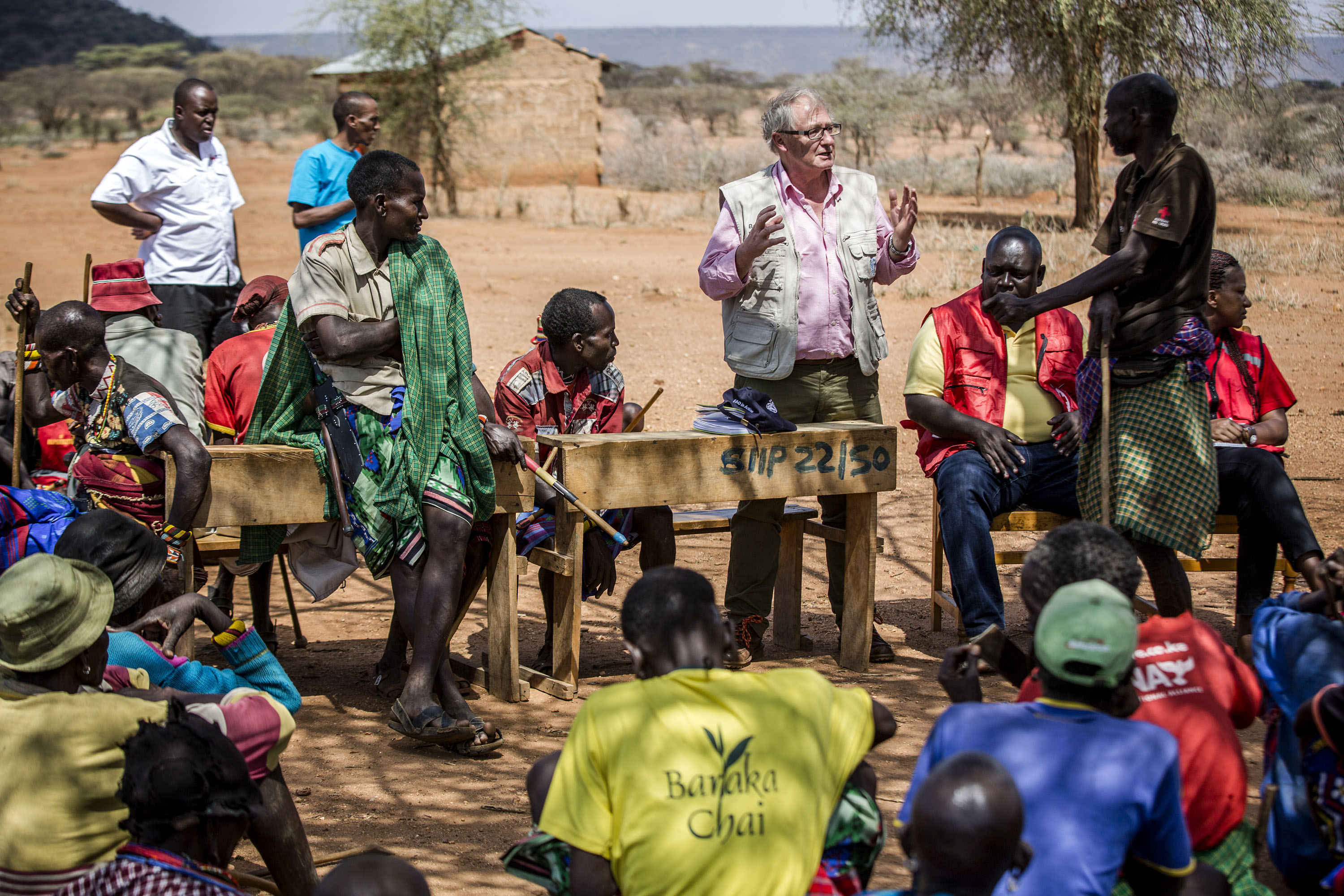
Advancing Global AMR Action
24 September 2024
The Food and Agriculture Organization of the United Nations (FAO), the United Nations Environment Programme (UNEP), the World Health Organization (WHO), and the World Organisation for Animal Health (WOAH) have taken a leading role in promoting One Health at global level. Known as the Quadripartite, this partnership leverages the strengths of each agency to address challenges that no single organization or sector can solve alone. By working together, the Quadripartite helps countries strengthen their capacities to prevent, detect and respond to health threats in the human, agrifood and environmental sectors. By pooling their expertise, resources, and networks, the Quadripartite partners jointly deliver a more effective and comprehensive response.
The Quadripartite plays a crucial role in facilitating global policy, advocacy, and engagement on antimicrobial resistance (AMR), including by leveraging political platforms such as the UNGA High-Level Meeting (HLM) on AMR – the highest political forum where UN Member States agree on a vision and roadmap for collective action against AMR. Since 2016, AMR will again be in the spotlight during this year's UNGA HLM.
In recent months, much attention has been focused on drafting the political declaration, a complex process supported by the Quadripartite and its key AMR governing bodies, including the AMR Multi-Stakeholder Partnership Platform and the Global Leaders Group. Both bodies were established following recommendations from the ad hoc Inter-agency group on AMR to drive global dialogue, action and progress on AMR.
The AMR Partnership Platform serves as a global, inclusive, multi-sectoral forum, with over 250 members – including organizations, federations, and networks working on AMR. Hosted by FAO, this unique setup enables a large group of stakeholders from various sectors, levels, and disciplines to build consensus, share evidence, exchange best practices, form partnerships, and drive concrete actions. The Platform’s Secretariat has been instrumental in catalysing broad multi-stakeholder participation in the UNGA HLM consultations, ensuring diverse perspectives are reflected in the political declaration. The Platform’s ten key recommendations, developed through a co-creation process, have informed many provisions in the declaration to be adopted on 26 September 2024 in New York.
The Global Leaders Group, chaired by the Prime Minister of Barbados, Mia Amor Mottley, is comprised of high-level representatives who advocate globally for greater attention to AMR. Their recommendations for the UNGA have equally informed the UNGA negotiations and align closely with those of the AMR Partnership Platform.
As the UNGA HLM approaches, the global community must transition from principles to concrete policies and actions. Key issues that need to be addressed include mobilizing financing, strengthening global governance on AMR through a systems approach, expanding the engagement of international agencies and civil society, increasing private sector responsibility, and reinforcing the capacity of the Quadripartite. There is also a call to establish shared goals under a revised global action plan on AMR.
Coordinated efforts across various sectors, where each plays a crucial role in addressing common priorities, will strengthen unity, enhance collaboration, and create synergy. While COVID-19 struck like a sudden storm, antimicrobial resistance (AMR) is a steadily rising challenge. Now is the moment to take action before it becomes irreversible. Building strong partnerships and applying a One Health approach is essential in order to tackle this complex multidimensional issue, as collective commitment and shared responsibility are key to achieving sustainable solutions for AMR.
Contacts
Partnerships and UN Collaboration Division (PSU)
[email protected]
Animal Production and Health Division (NSA)
[email protected]
